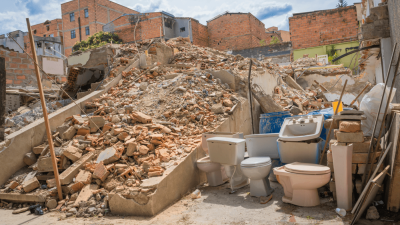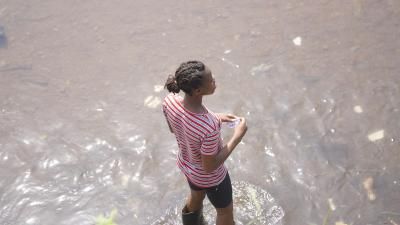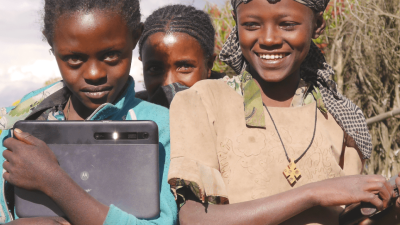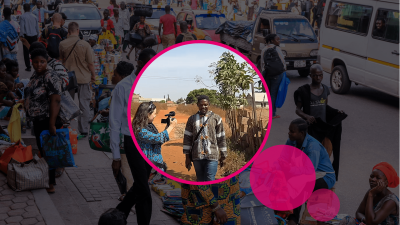A new report by a global safety charity has revealed individual and household resilience in Morocco has been negatively impacted by recent experiences of disaster. The report also highlighted that the number of Moroccans who have experienced a disaster in the past five years has more than doubled since 2021.
The findings come from the latest edition of the World Risk Poll Resilience Index, produced by Lloyd’s Register Foundation using data gathered by Gallup as part of the Lloyd’s Register Foundation World Risk Poll. The results are detailed in a new report: ‘Resilience in a Changing World.’ This is the third edition of the Poll and comprises data from 147,000 people in 142 countries on how they experience and perceive risk.
According to the data – collected between September and October 2023 – the percentage of people in Morocco who have experienced a disaster in the past five years saw a significant rise, with more than twice as many people saying they have been affected in 2023 as in 2021 (59% vs 23%). This data comes in the context of the 6.8 magnitude earthquake that hit the country in the Atlas Mountains, southwest of Marrakesh, in September 2023. It became the strongest earthquake to hit the country in over a century.
The report suggests this disaster experience resulted in Moroccans experiencing a ‘reality check’ effect - where previously high feelings of agency and preparedness can be wiped out in countries or communities where certain types of natural hazards are rare.
Individual and household resilience scores declined sharply in regions that were both directly and indirectly affected by the earthquake (16 points and 11 points, respectively, on a scale of 0 to 100) - both among the highest decreases in the world. At a national level, those who have experienced a disaster have a World Risk Poll Resilience Index score of 43, compared to 47 among those who had not experienced a disaster – in opposition to the global finding that experience of disaster was related to slightly higher Resilience Index scores.
Morocco’s overall World Risk Poll Resilience Index score declined by seven points to 44 between 2021 and 2023, a higher rate when compared with neighbours Tunisia (declined by two points), and in contrast to Algeria (increased by seven points). Community and societal resilience, however, did not change in a statistically significant way in Morocco.
Nancy Hey, Director of Evidence and Insight at Lloyd’s Register Foundation, said: “The World Risk Poll Resilience Index aims to provide insight for policymakers into how global populations perceive risk and how these risks affect their lives. Our findings will help them work with communities to support them in the face of natural hazards and other potential causes of disaster.
“For residents of Morocco, the earthquake of September 2023 is largely responsible for the more than doubling of experience of disaster since 2021. This may have led to a ‘reality check’ for residents in terms of how prepared they feel for such events, with individual and household resilience particularly negatively affected. But the data is not all negative – on the contrary, community and societal resilience scores remained stable. These differences in scores between different elements of the Resilience Index should give policymakers a good indication of where to focus efforts to strengthen resilience.”
Dr Luke Metelerkamp, Senior Professional Officer of Urban Systems at ICLEI Africa, says efforts are already being made to improve resilience: “Cities like Chefchaouen are leading the charge in urban resilience. With bold initiatives like AfriFOODLinks, the blue city is transforming its food system, empowering individuals to build personal resilience and thrive in the face of disasters.”




